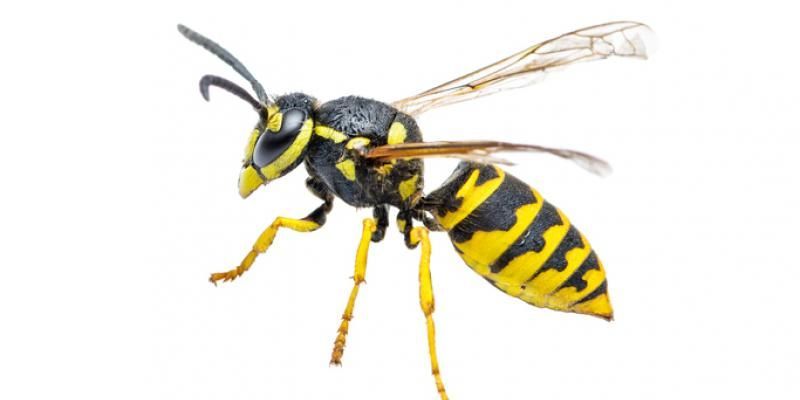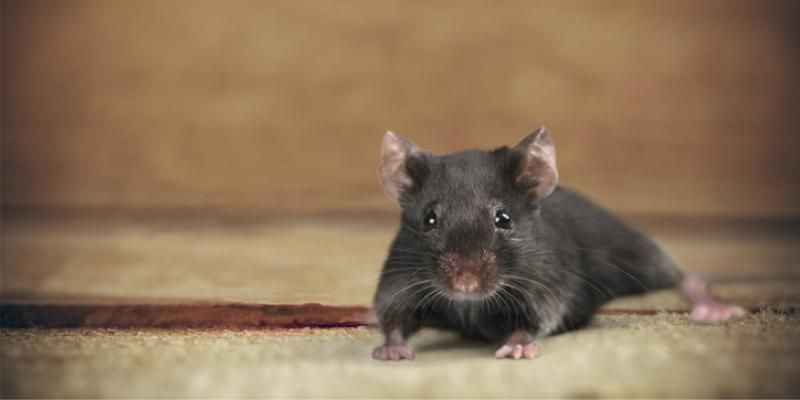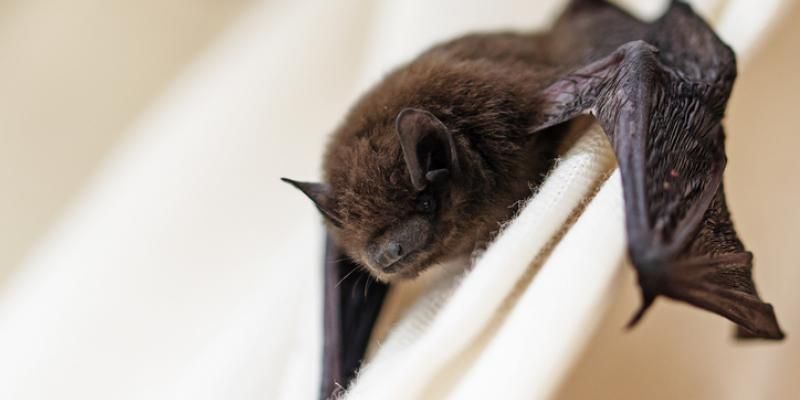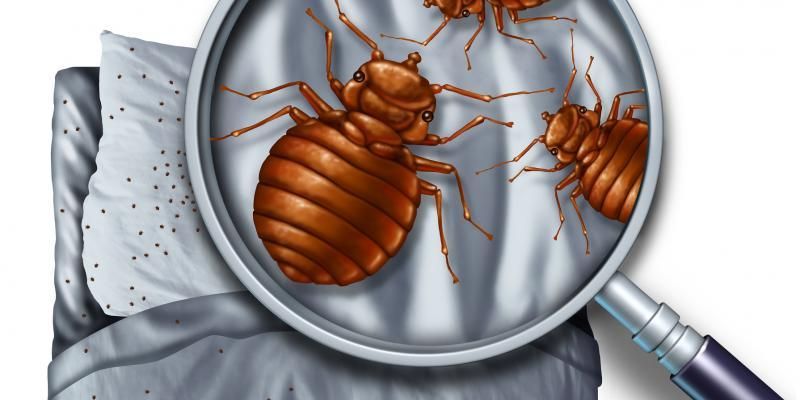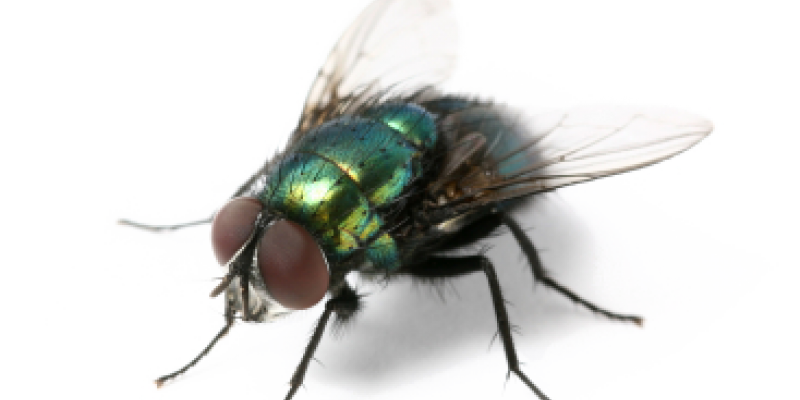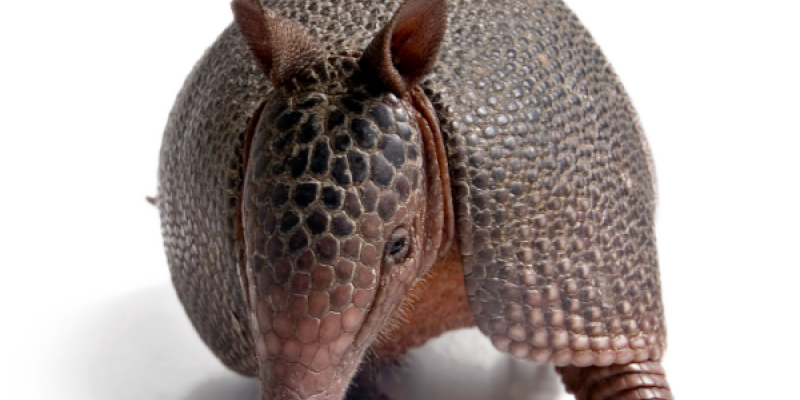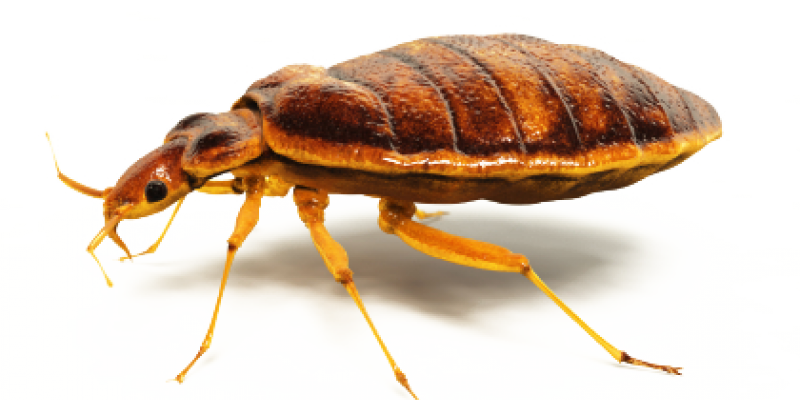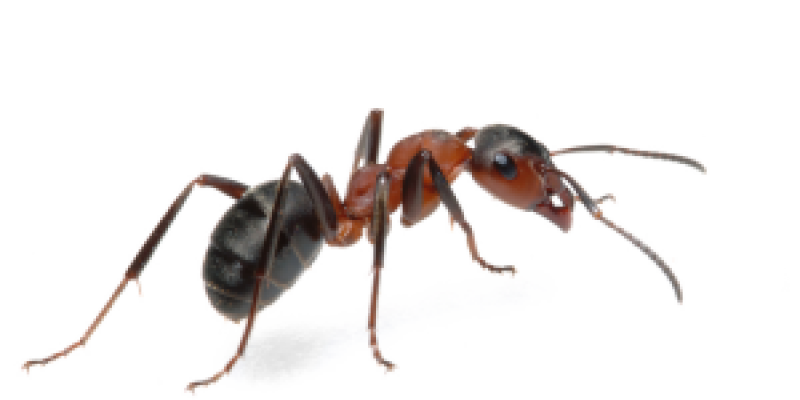Can Winter Put an End to Mosquitoes?
Last week in Virginia Beach, we saw record temperatures in the seventies and eighties—hardly holiday weather in December. This week, we woke up to 25 degrees with snowflakes! Thermometer swings! Mosquitoes shouldn't be ignored just because it's cold outside. Female mosquitoes survive winter. Sorry, but mosquitoes have been around for millions of years, so a few snowstorms won't kill them!
That said, they do go into a state called diapause. During diapause, mosquitoes shut down their development and hibernate until spring comes. That’s right, they don’t die – they just stop…and wait… Pest Control Technology wrote an article on the four seasons and how insects respond, so if the creepiness of insect hibernation interests you, definitely check it out. Mosquito eggs are even more resilient. The eggs have been known to stand up to many harsh weather and environmental situations and survive through them. While it is very common for female mosquitoes to lay their eggs on or near standing water, they can survive desert situations, freezing temperatures, and other forces of nature such as thunderstorms. Keep in mind that once a mosquito egg hatches, it becomes an adult (adult = biting) in 4-7 days, so this process is quick once the life cycle begins.
So, what can you do this winter to make sure you aren’t supplying a breeding ground for hatching in the spring? Make sure your yards are clear of anything that can catch rainwater or melting snow. Yes, be cautious of the snow! Melting snow turns into water and mosquitoes breed in water. These can include something as simple as a child’s toy, a shovel laying on the ground, flowerpots or a swing. Keep these empty and you can avoid an overabundance of mosquito eggs. And of course, go ahead and get on the schedule for the first spray of the season in 2016 with your local 24/7 Local Pest Control. We’ll make sure you spend your time doing the things you love instead of swatting this spring and summer.

